It has become the norm for many of Webb’s Chinese international students to not see their families for over a year. The announcement that students would be able to depart early to China and return late for winter break sparked immense excitement and relief. Over the break, many were able to reunite with loved ones and feel a sense of home after months abroad.
“I spent most of my time with my family because I haven’t seen them for two years,” said Season Li (‘23), from Beijing. “The day that we learned we no longer had to scan our green codes when entering malls and stores, I felt really relieved. Although some stores were still closed because some people hadn’t returned to business, it was still nice to go out without restrictions.”
The “green code” Season speaks of is part of the WeChat Health Code system — a mandatory practice for all Chinese citizens to show a green code on their WeChat app to security before entering public spaces, demonstrating their COVID negative status.
After three years of city-wide lockdowns, mass testings, and border restrictions, the Chinese government finally lifted their intense zero-Covid policies on December 7th, 2022. This comes after nationwide protests led by citizens jaded by continuous control, yearning for a life of normalcy living under a virus that has been embedded into the status quo since 2020.
“Personally, [the restrictions] impacted my parents’ businesses a lot,” said Eric Zhu (‘25), a Shenzhen native. “They work in the hotel industry which has been impacted by COVID a lot. The really strict policies limited people to travel and the hotel industry was facing a big challenge. Now, that the restrictions are loosening, maybe it’s going to be better for the economy.”
Perhaps these severe economic repercussions contributed to the Chinese government’s new, more lenient COVID restrictions. Now, citizens are allowed to quarantine at home upon testing positive (as opposed centralized hospital quarantine), travel across cities and provinces with Chinese New Year approaching, forgo obligatory testing, and pharmacies are now permitted to sell cold and flu medicine.
With the removal of lockdown comes the virus’ rapid spread, hitting major cities like Beijing the hardest. While China’s official statistics report only seven deaths caused by COVID two weeks after the lift, the people see a different picture.
In interviews with Western media, citizens claim that hospital morgues and crematories are overflowing with dead bodies. The reason behind their surprisingly low-death reports are due to the fact that only China’s report of deaths only include those caused by pneumonia or respiratory failure as a result of COVID. Not counted in the death toll are patients who passed from worsened underlying conditions inflicted by COVID or other non-respiratory system failures.
“I know some families that are affected,” said Ender Liu (‘25), a boarder from Shenzhen. “I know that they need to take care of old people more. Sometimes to prevent COVID-related symptoms and infections they have to live apart and the groups with high exposure have to live alone.”
More recent reports reflect a stark picture of COVID’s impact on certain areas in China. On December 25th, a Zhejiang province official estimated that there were one million new cases every day. In the East, a health minister reported a daily increase of half a million. The northwestern city of Yulin released models evaluating that more than a third of the city had been infected. With climbing rates of contagion, citizens have rushed to pharmacies, eager to purchase medicine to treat an impending infection.
Despite the chaos back home, Webb’s international students from China have begun to consider their return for spring break. For many, this would be their first time home in over a year. For some, this would also be their first time seeing their parents after months apart.
“For spring break, I was supposed to maybe stay with a host family or find a camp or something,” Eric said. “But now, I already booked the tickets for home because there is no quarantine.”
Moving forward, students will continue to face a world of uncertainty as China navigates a post-zero-Covid world. Although some challenges have already arisen, one being that the United States, among other countries, are now requiring negative COVID-19 tests for travelers arriving from China, one thing is for certain: many students will finally be able to reunite with family and experience home — the unrestricted version.


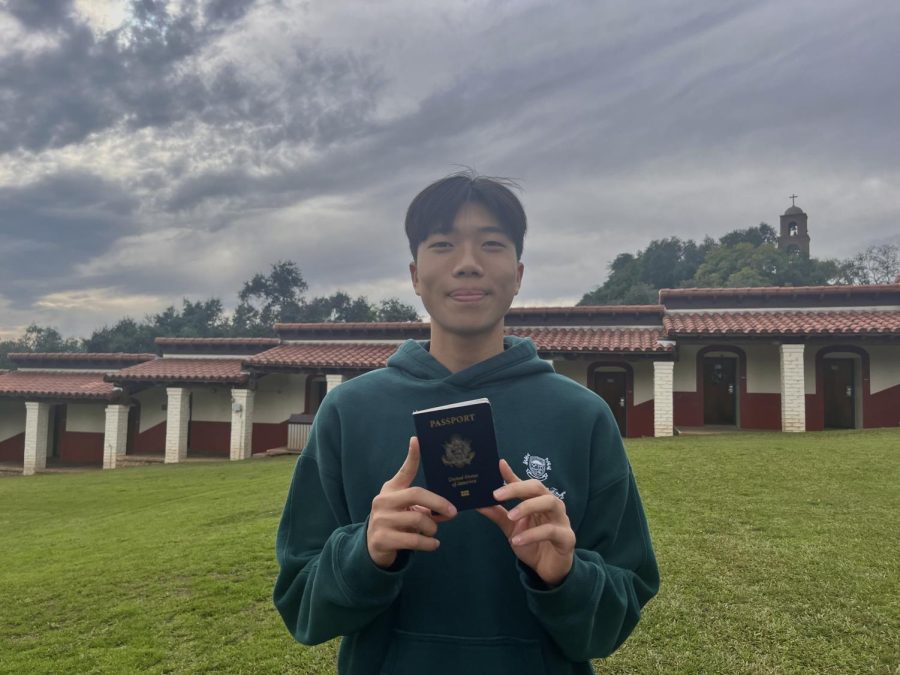


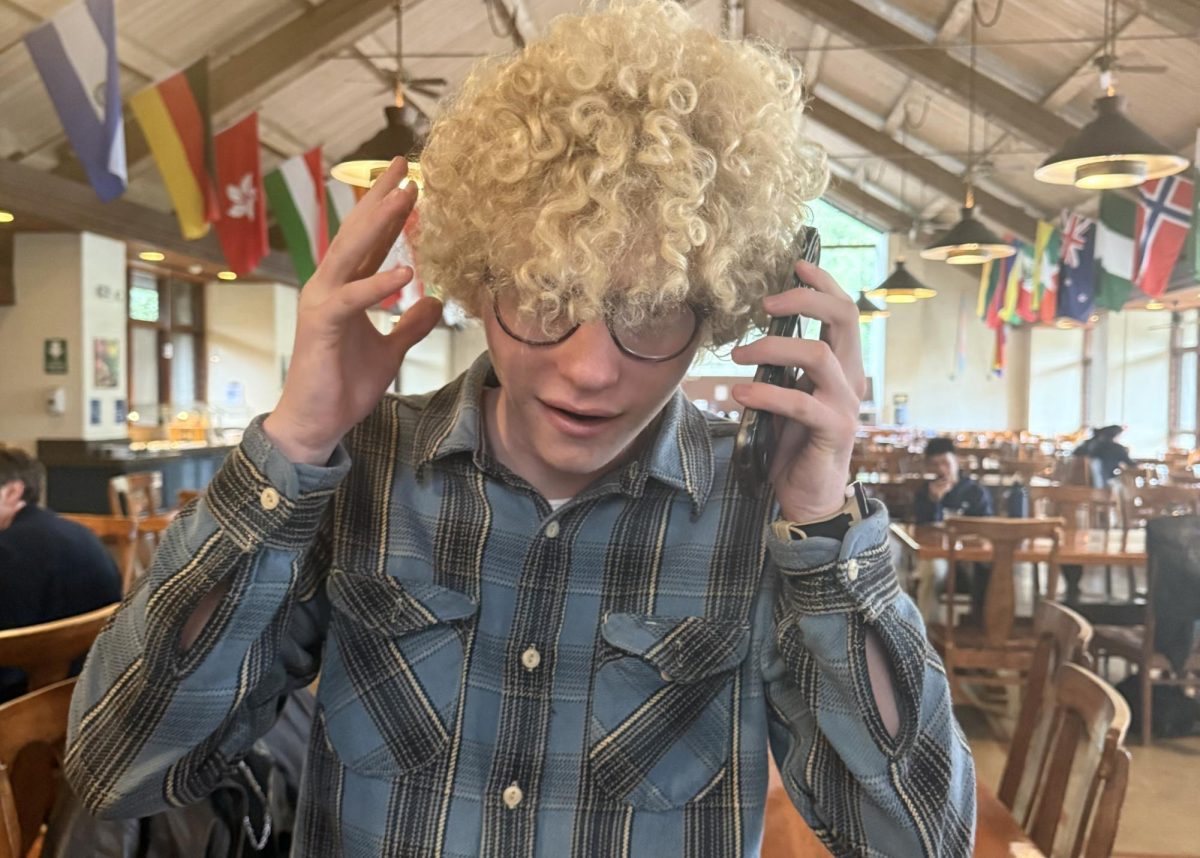
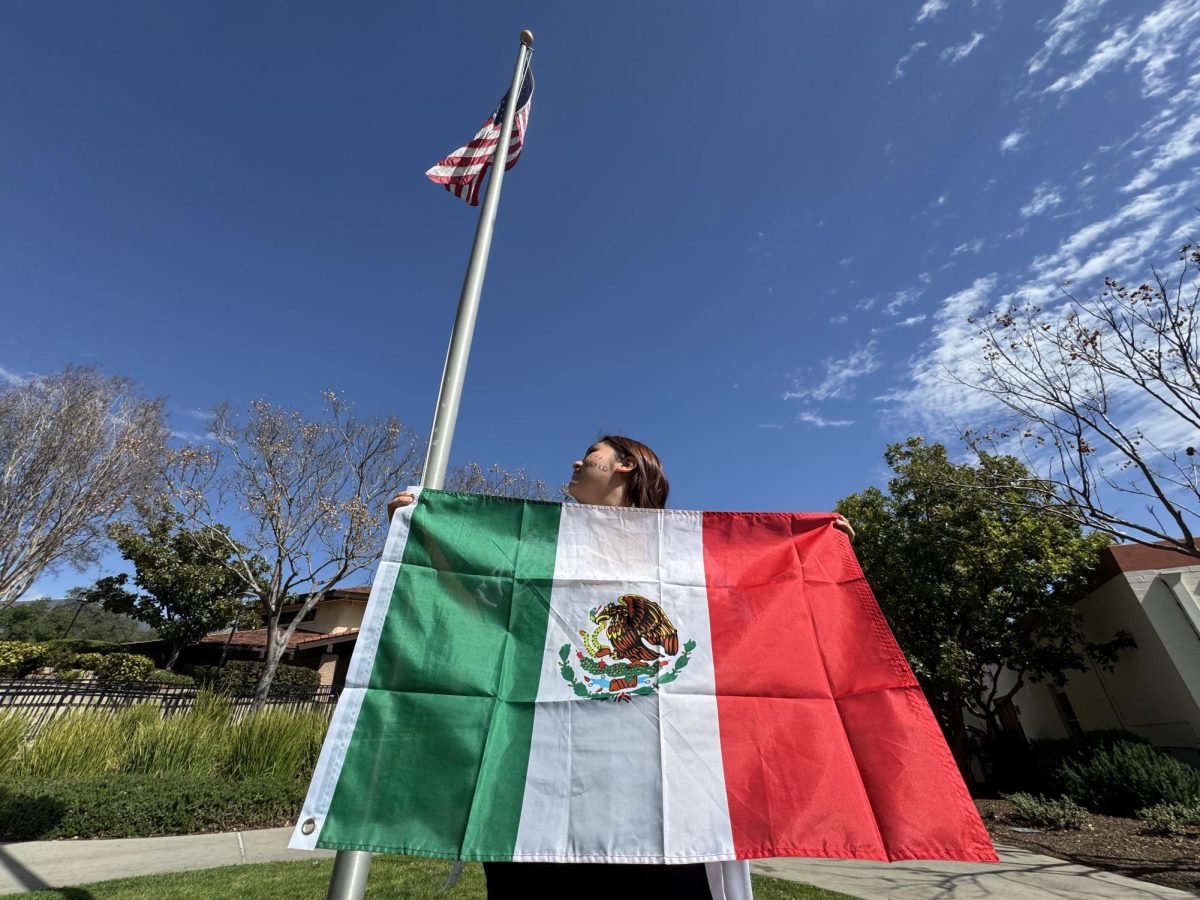

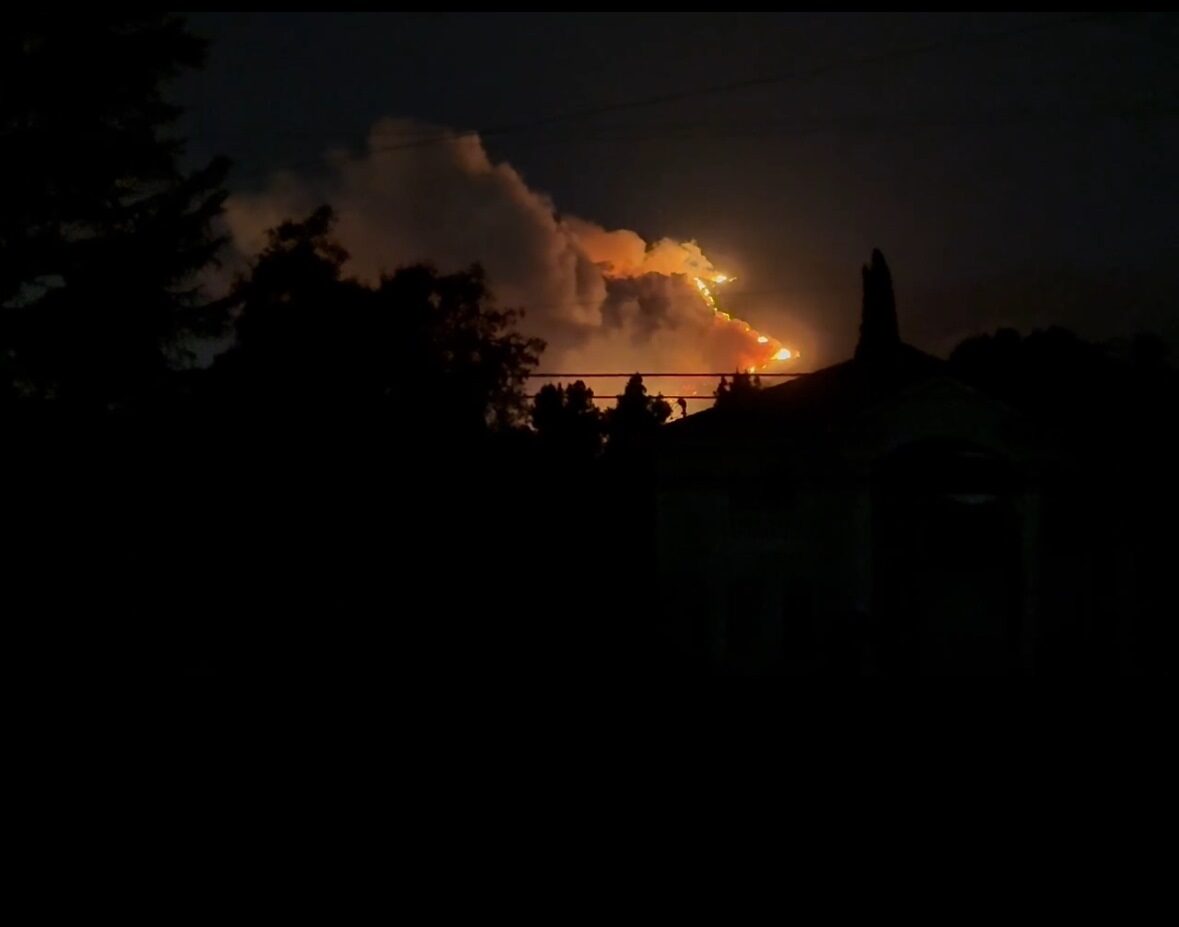

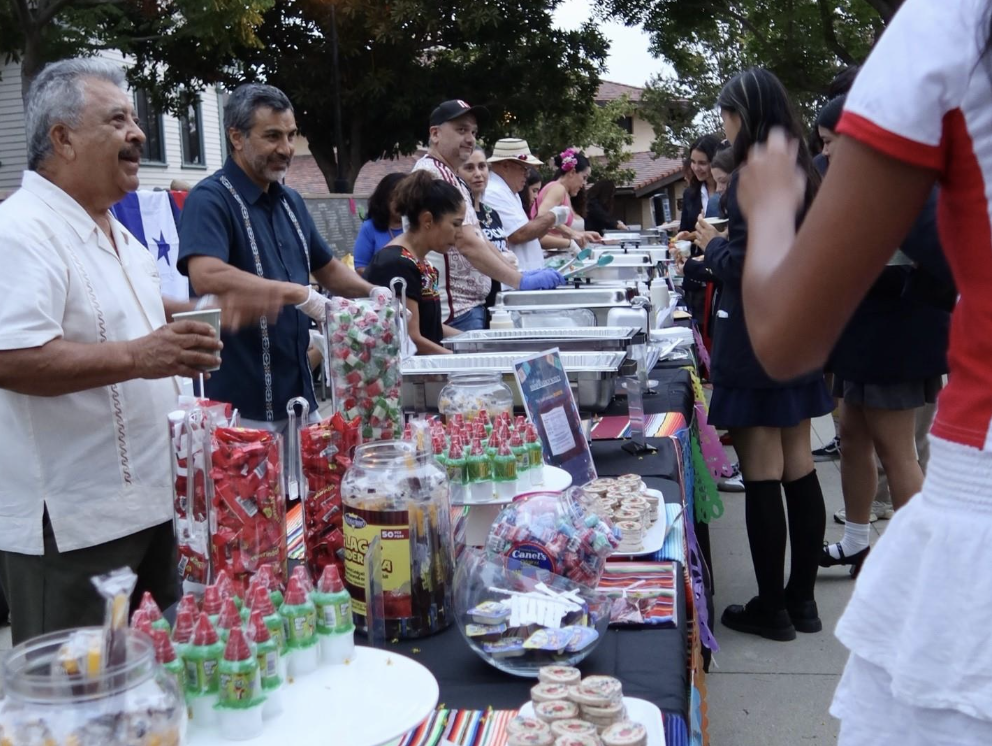





Jenny | Jan 23, 2023 at 11:21 AM
Great article! Love the image haha